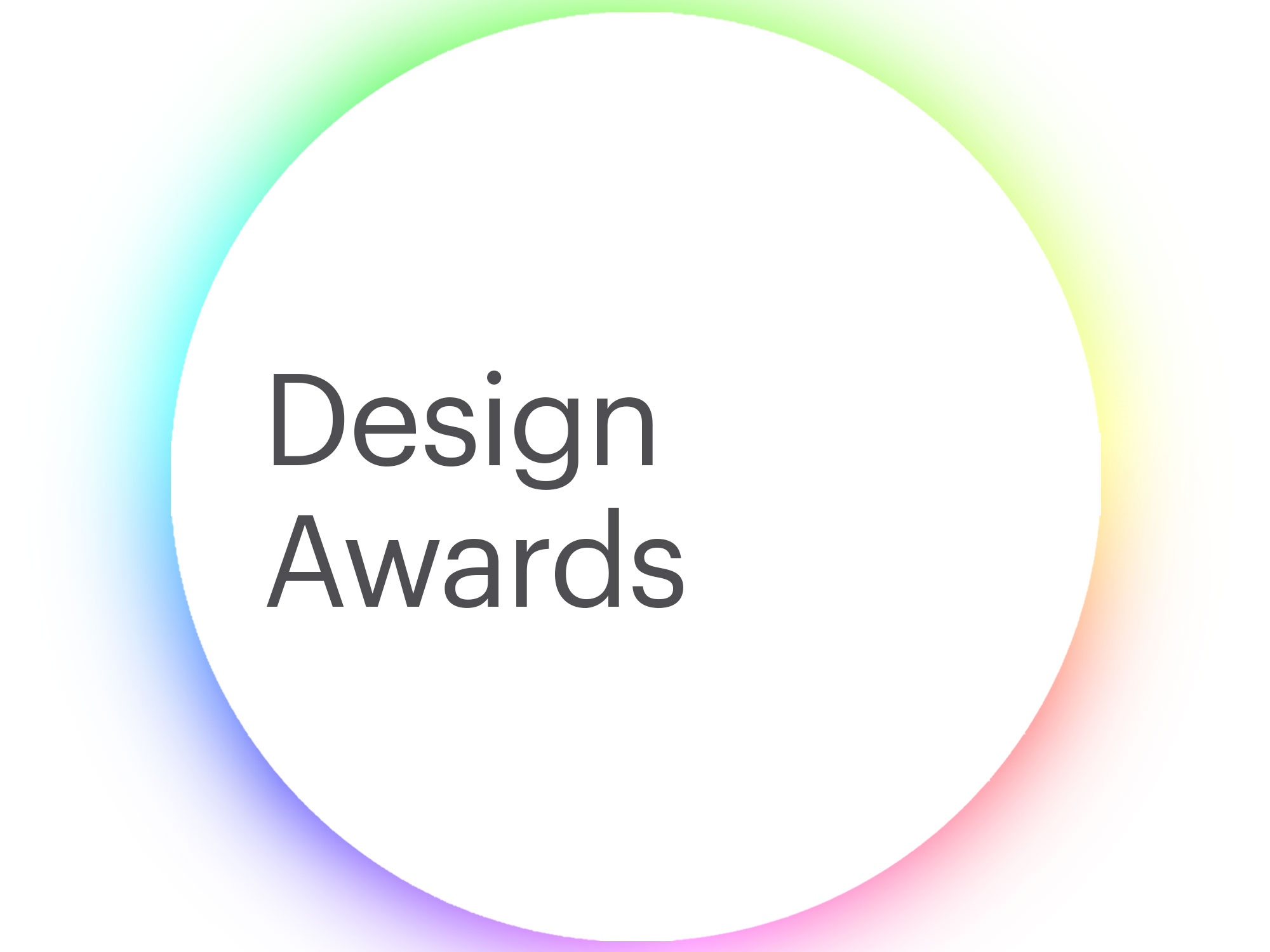Next up to consider the current state and future potential of design awards is Seán Mongey. Seán graduated NCAD's Visual Communication programme in 2008 and spent a number of years balancing work in various Dublin studios with freelance practice. In 2015, with Andrew McNamee and Robert Farrelly, he founded Dublin studio Post. We asked him what he makes of design awards, and here are his thoughts...
Are awards an effective way of recognising, showcasing or encouraging quality design?
But seriously, I think awards can be effective but only if the body awarding them is worth its salt and proves this by enabling and encouraging quality design work to flourish. This needs to be done by creating a platform and community, offering support and resources as well as aiding professional development through talks, workshops and seminars. The categorisation of design, how design’s valued and evaluated, and the multitude of sectors the industry represents make it increasingly difficult for design institutions to deliver on their mission statements. Membership often boils down to privileges like entering awards, using organisation logos or suffixing our names with acronyms.
One example of a design body doing it right is The Designers Institute in New Zealand (just look at those member benefits). They balance community, support, representation and have an amazing archive of awarded work on their awards scheme, the Best Awards.
Personally, I treat awards as a way to see what peers are working on. In that regard I feel the format of the 100 Archive does this incredibly successfully. It’s also worth noting that the format of more traditional awards schemes doesn't appeal to everyone. In fact some of the best work I’ve seen on our fair isle has never been put forward for an award. So, awards can be an effective way of recognising, showcasing and encouraging some quality design but it doesn't mean awarded work is totally representative of what’s happening out there in the real world.
By holding up a selection of projects as exemplary we also create the problem of encouraging more work of that ilk and commending conformity to award criteria over original and progressive design work. Quality design can be rather difficult to determine and depends on the circumstance of the project as well as the nature of the work being done. Does quality mean beautifully crafted, appropriate and fit for purpose or commercially fruitful? The current awards schemes available are fairly one-dimensional right now and until this can be refined, categorised (without endless dropdown menus) and backed by the right body it’s still a bit down the road.
